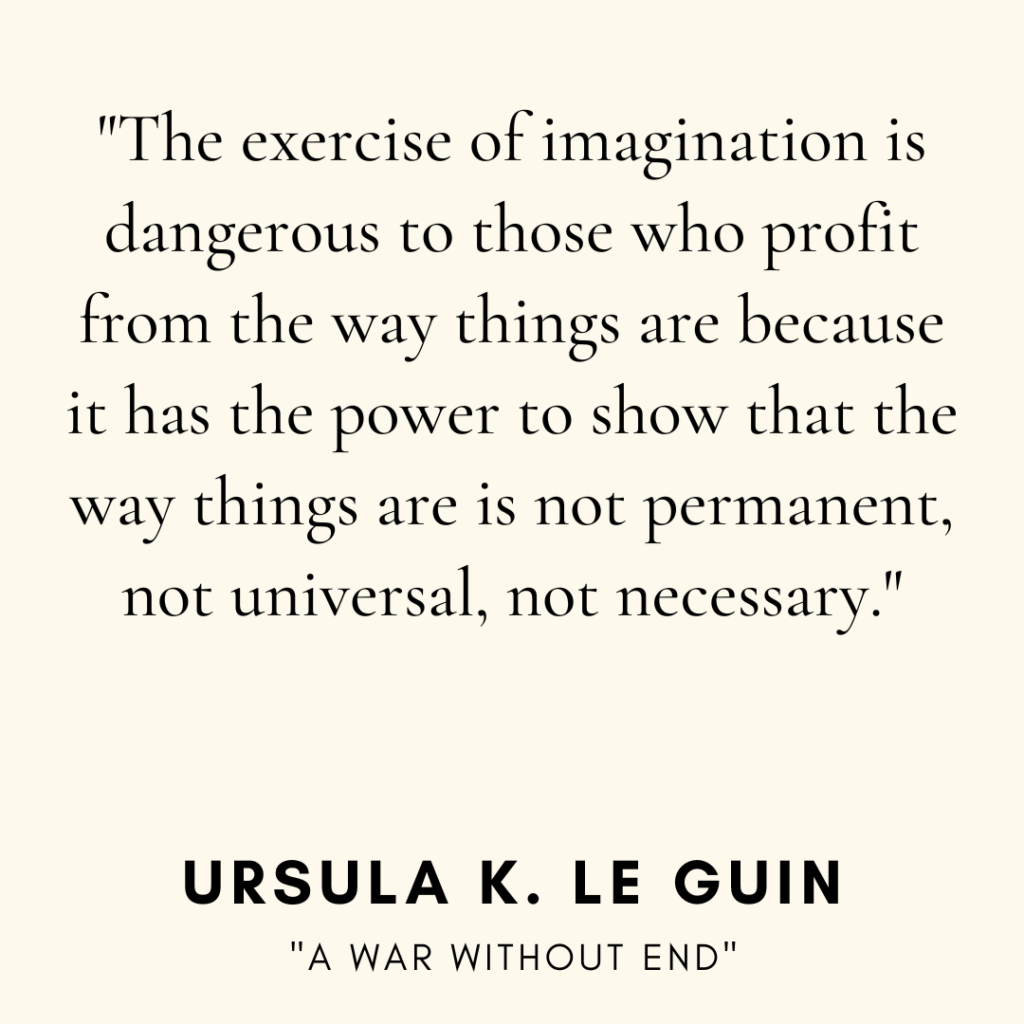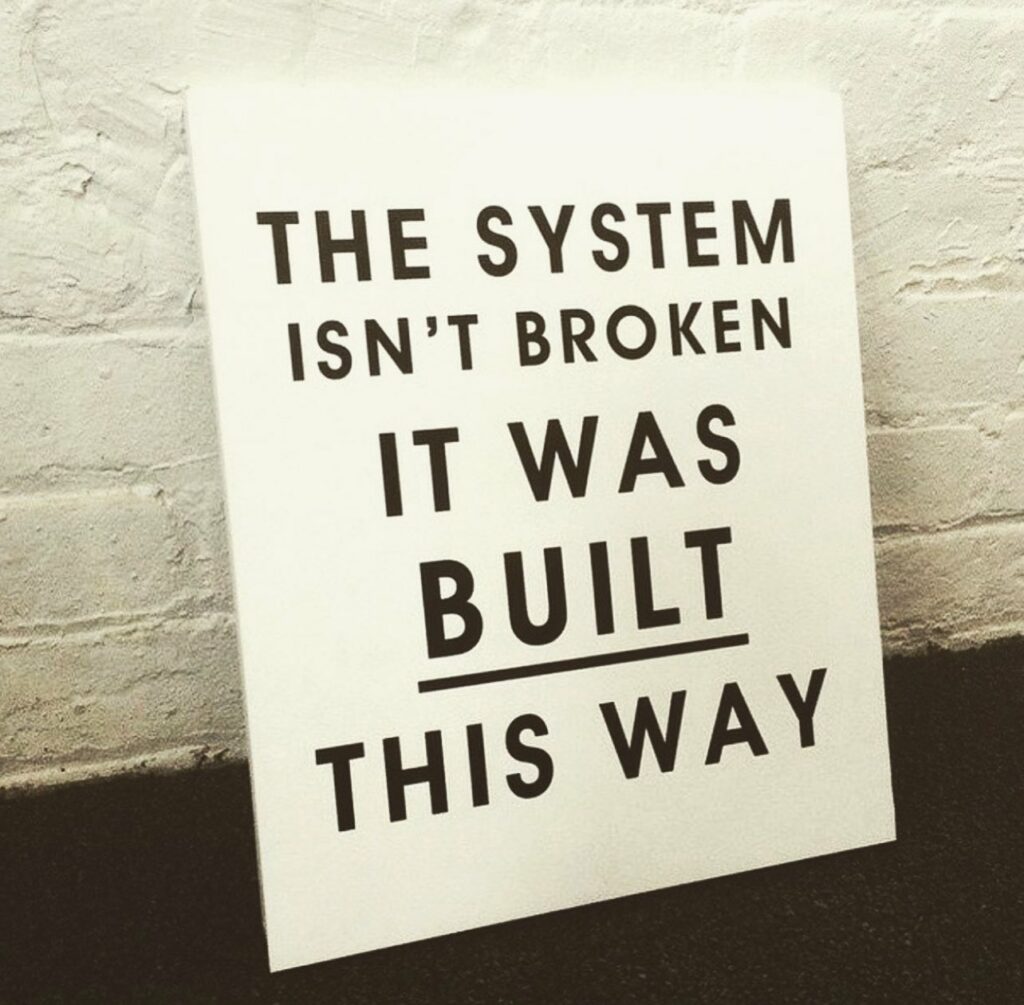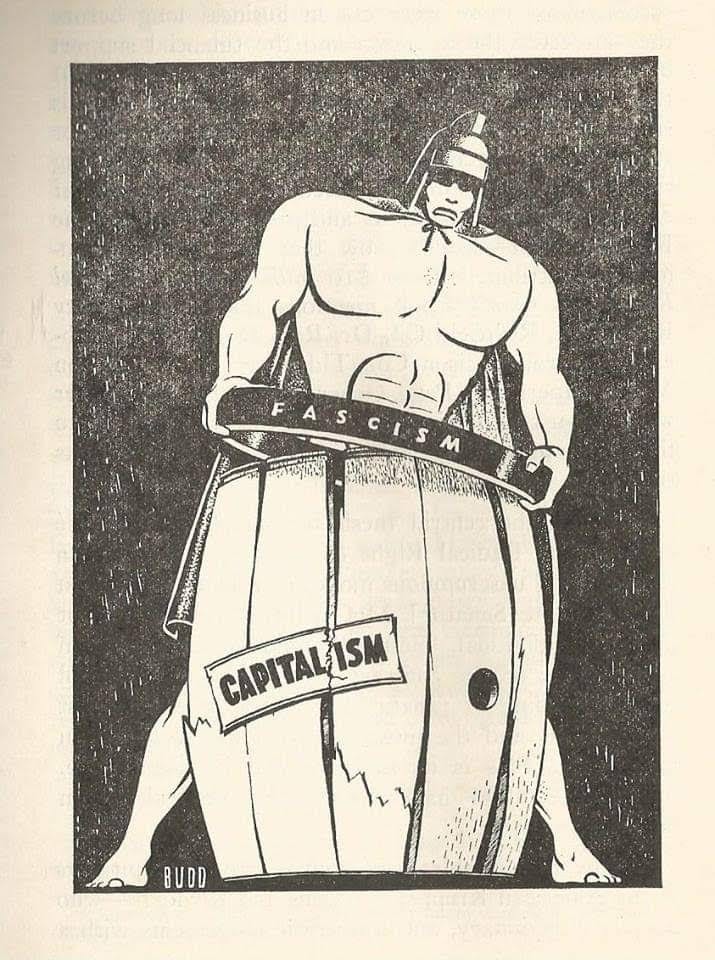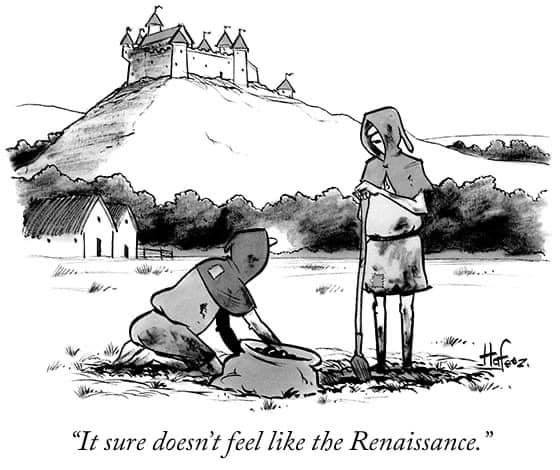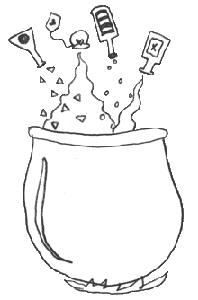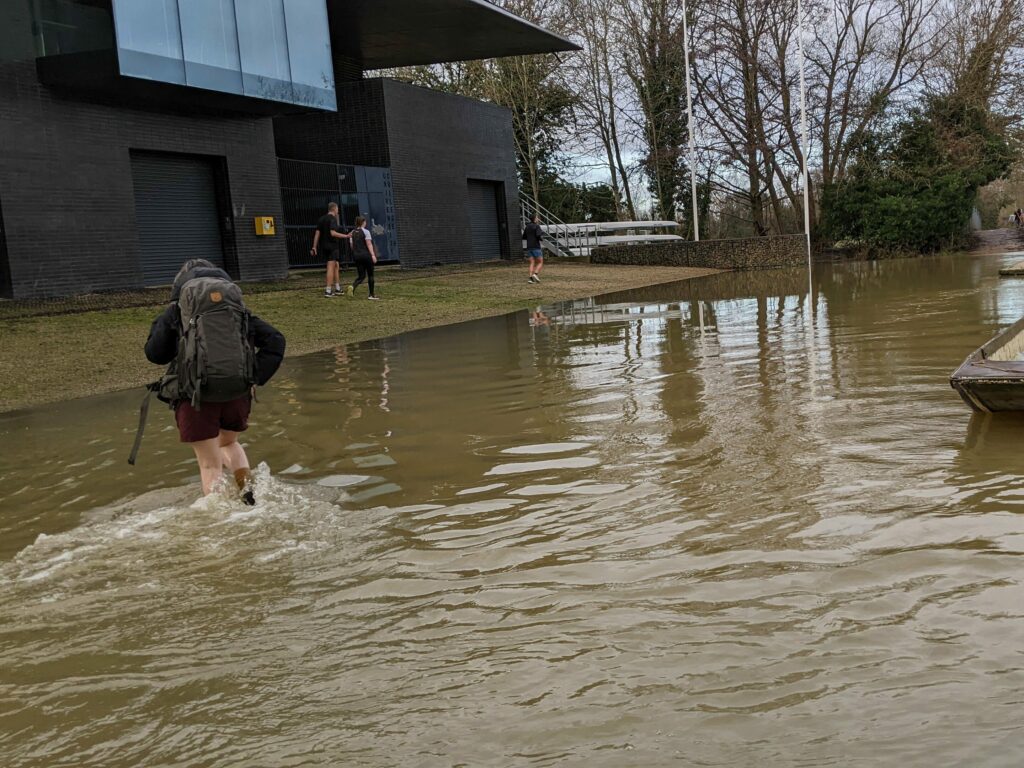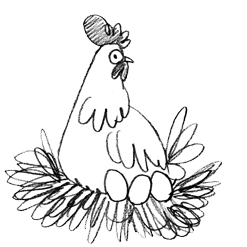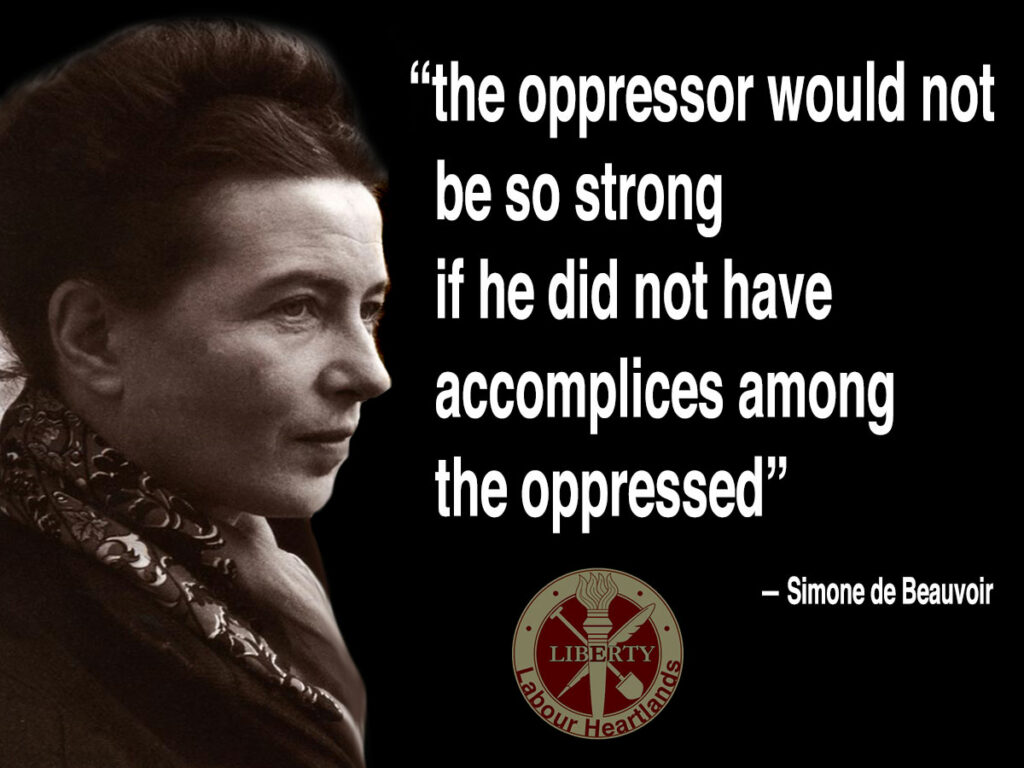The continuing, talking to legacy alt media people, sparks off clarification. The current conversation comes from the #indieweb, rooted in individualism, the digital mirror of the lone artisan, the self-sufficient homesteader, the coder as sovereign subject. This is not a critique in itself – individualism is a core driver of creativity and experimentation. But taken as the centre of gravity, it is a politics that naturally aligns with capitalism. Each person builds their site, their stack, their micro-brand, carving out a niche within the wider marketplace of attention.
By contrast, the Fediverse is – at least in practice – a commons-based approach. It is messy, communal, and often contradictory. The culture tells a white lie about being for individual empowerment (“host your own instance, be free!”) but the reality is that the Fediverse only exists because of shared infrastructure, federated protocols, and overlapping communities of care. It is not about individuals building perfect silos, it is about rough collective spaces and imperfect federation.
This makes the Fediverse a bad fit for capitalism, which is precisely its virtue. While corporations circle like vultures trying to find a monetization model, they repeatedly stumble over the fact that the Fediverse runs on gift economies, volunteer admin work, and political commitments to #4opens data. It resists enclosure, because enclosure breaks the very thing people come for: the federation of flows.
Politics is in the protocols, so much of this comes down to unspoken politics. The indieweb protocols and culture fit comfortably with #neoliberal individualism: “build your own, control your data, be an island.” The Fediverse protocols and culture emerge from anarchist, commons-oriented traditions: “connect, federate, share, fight (mainstreaming) spam together.”
Both are #openweb native, both valuable in their own way. But only one – the Fediverse – has proven capable of scaling into an actual social movement. It is not a coincidence that working activist traditions, mutual aid groups, and alternative media collectives gravitate toward federation rather than individual silos.
Silo vs Flow. Legacy media, and many who imitate it, still think in silo terms – bounded publications, paywalls, gated submissions. They mirror the scarcity logic of print capitalism. The #openweb, on the other hand, is about flow – federation, remix, sharing, building commons. The Fediverse works because it embodies this. The #Indieweb stalls when it forgets this.
The problem we now face is that almost all of the current “leadership” both technical and social of the fedivers is pushing blinded #mainstreaming, its good that some one is doing this, dont take this wrong, but we need balence. And this is why the #OMN path matters, the Open Media Network is the logical next native step: federation all the way down, a refusal to compromise with silo logic, and a clear embrace of the commons. Instead of curating content behind walls, we curate flows in open space. Instead of asking permission, we build bridges.
The need for balence is clear: push more individualist silos – a safe fit for capitalism, but doomed to irrelevance. Or embrace federated flows – messy, communal, unprofitable, and alive. The #openweb is at this crossroads. If we do not push the commons-first path, the vultures of #mainstreaming will enclose the #Fediverse just as they did the early web. This is why we need the native #OMN path, not as a brand, but as a living commitment: federation, commons, openness, and collective care. This is not just about tech, it’s about politics. About simple #KISS whether the future of the web belongs to capital, or to the commons. And the problem we need to compost is that common sense tells us to take the wrong path.
